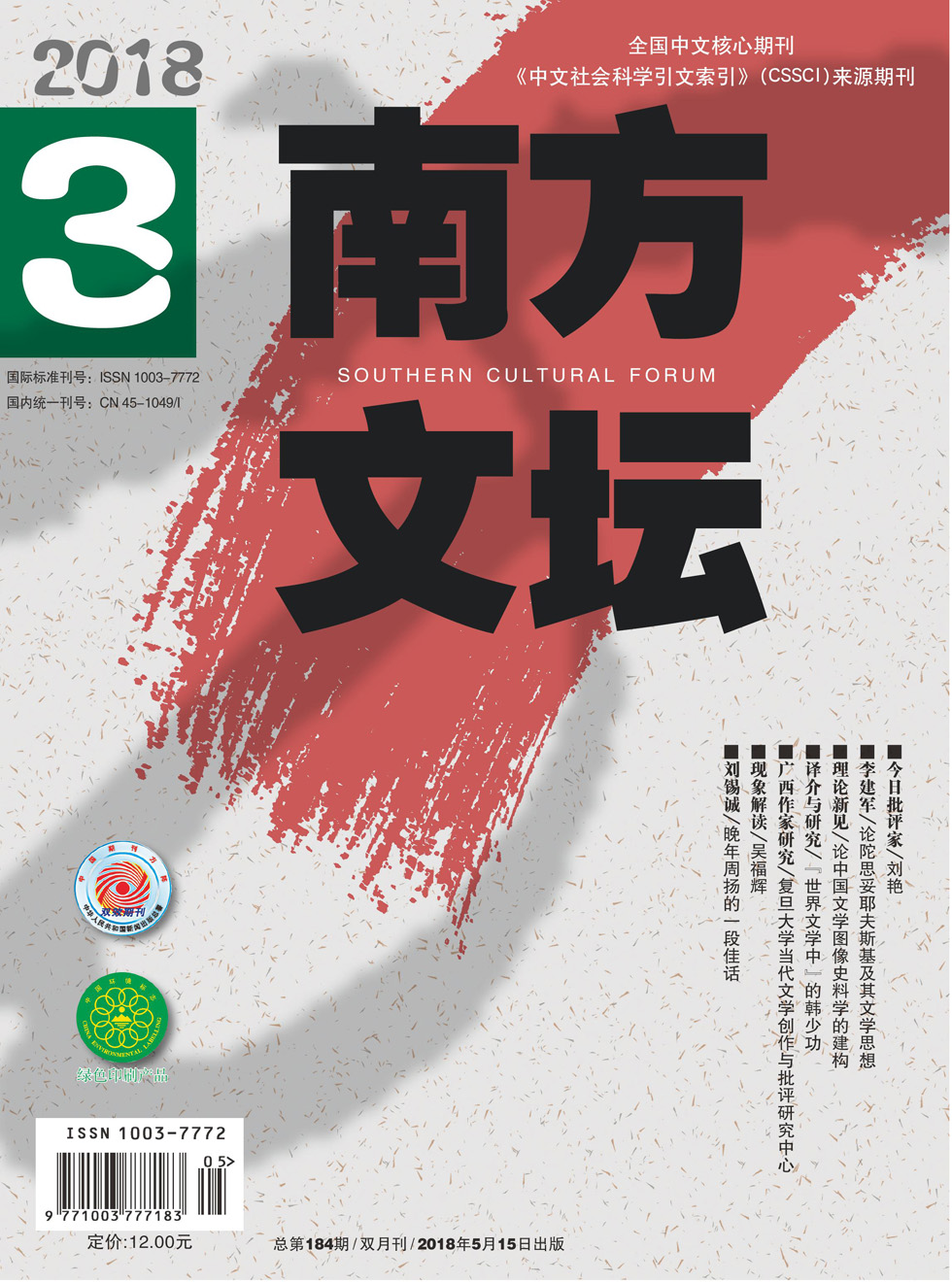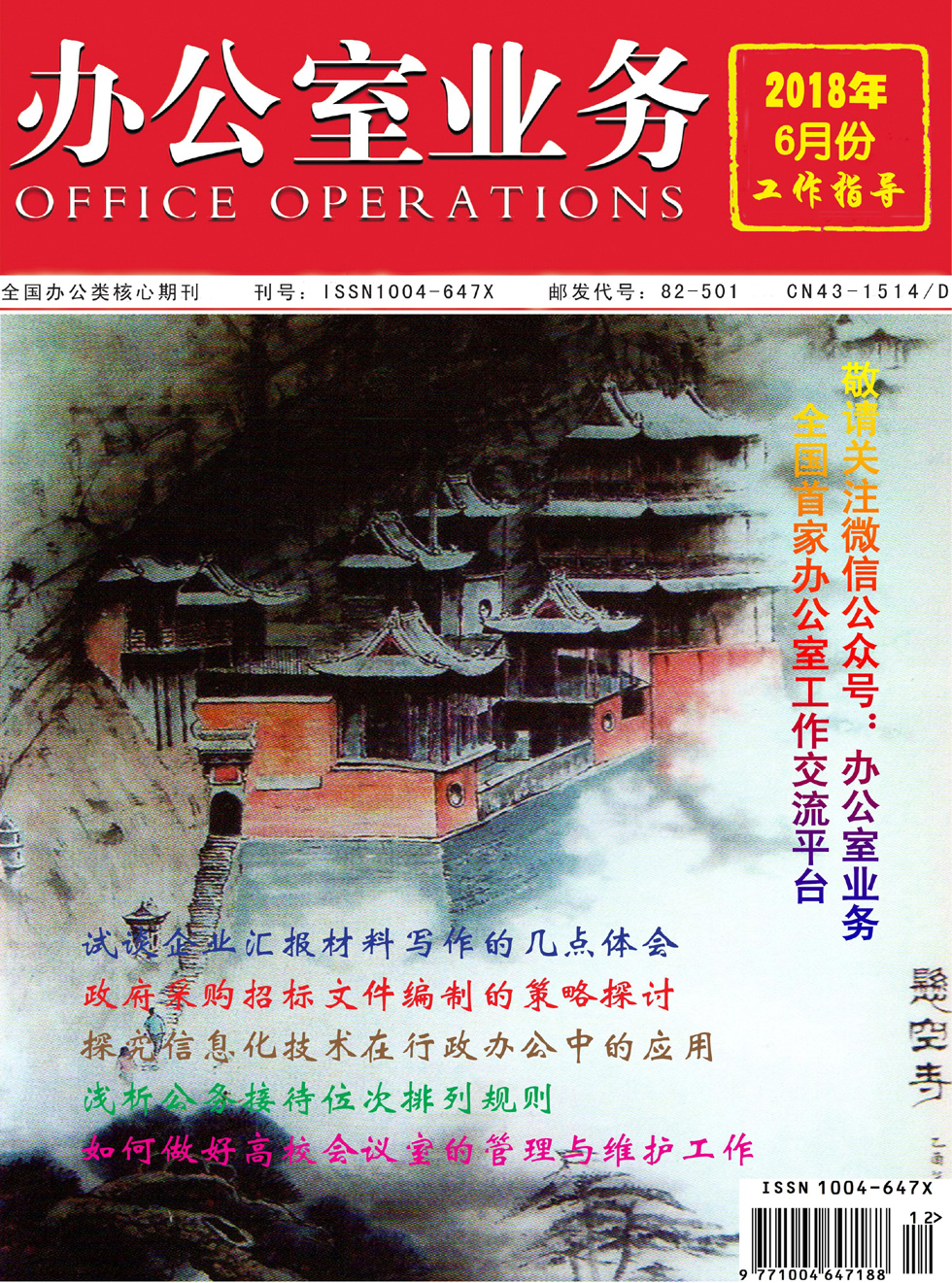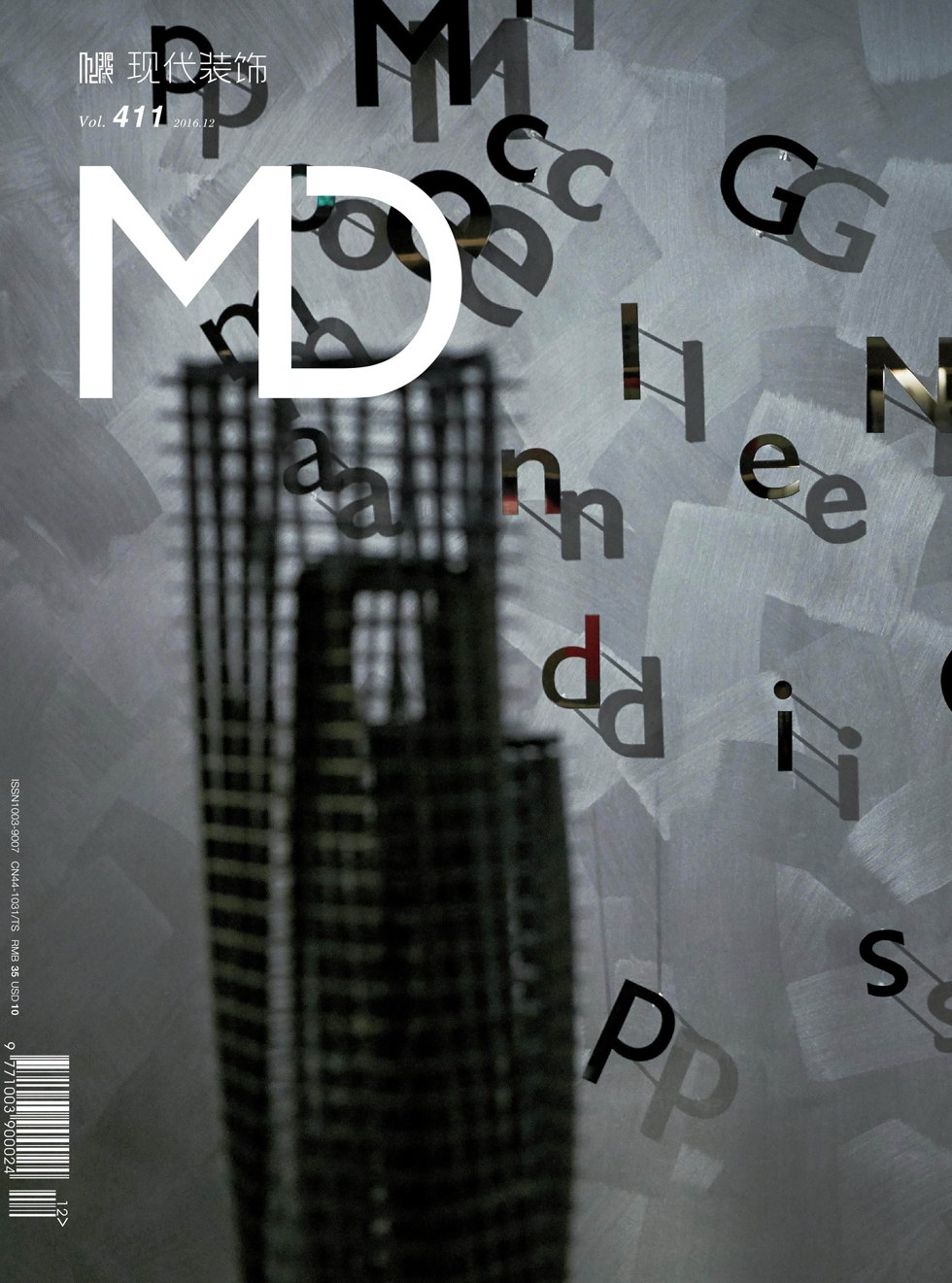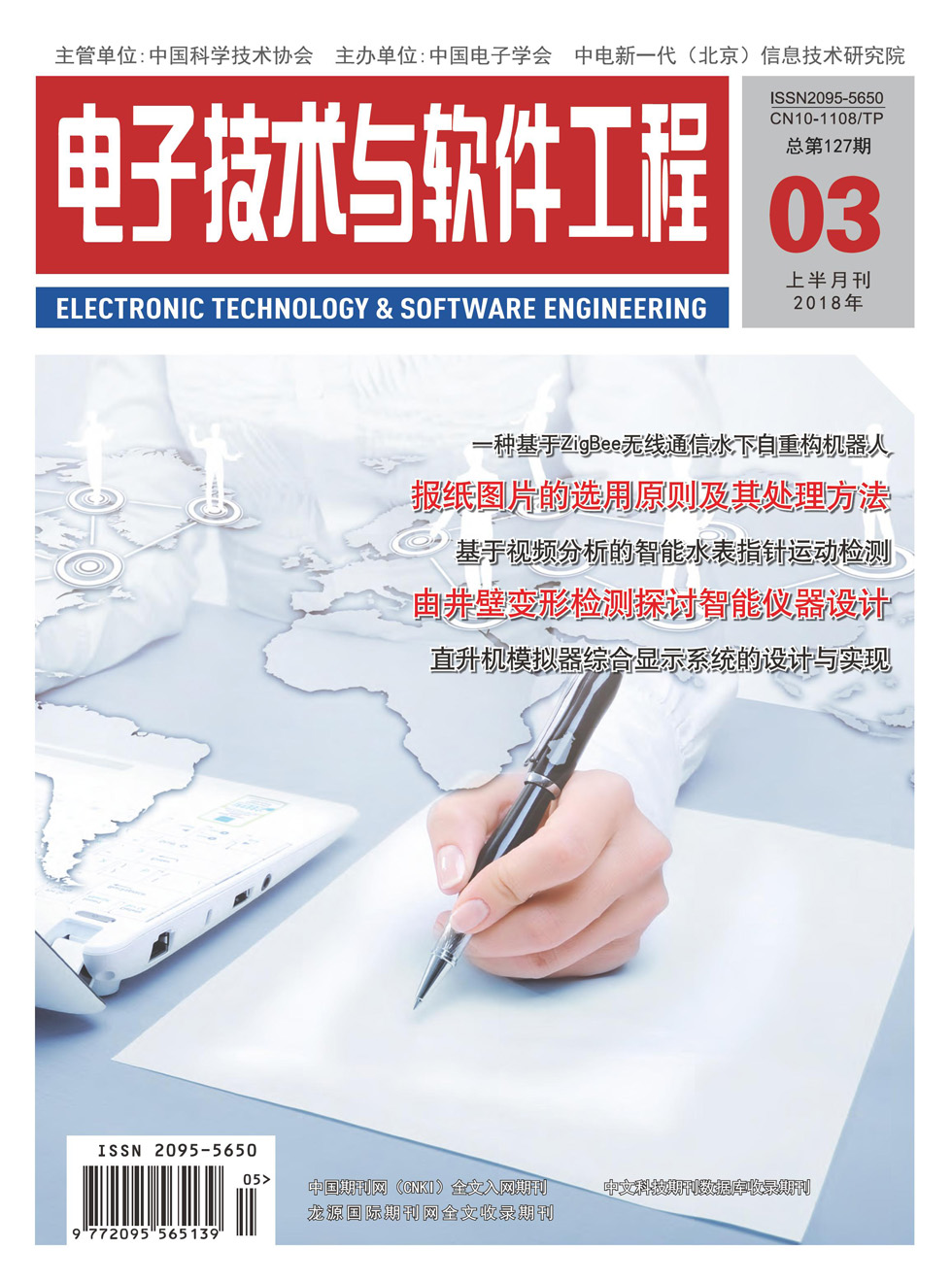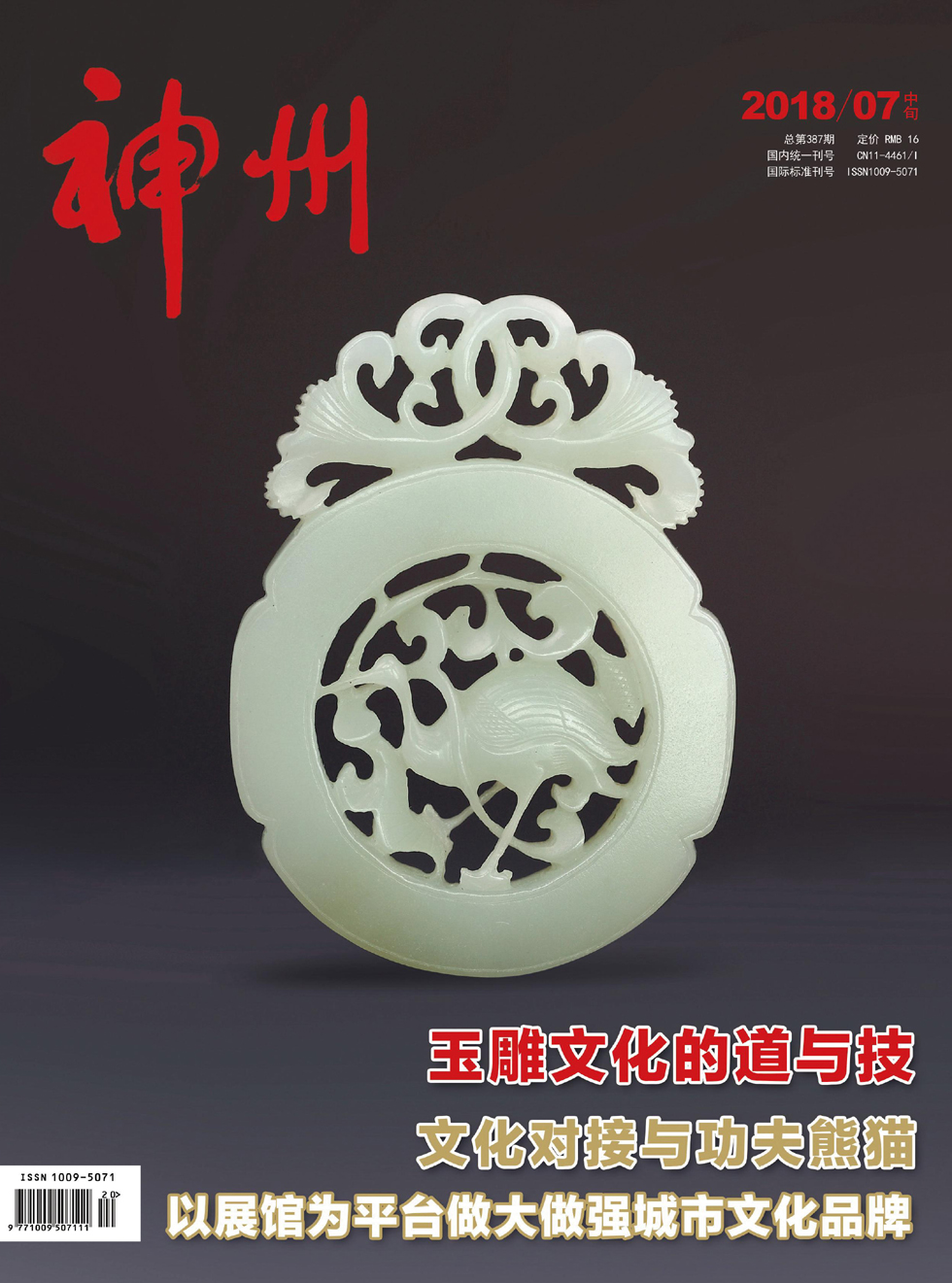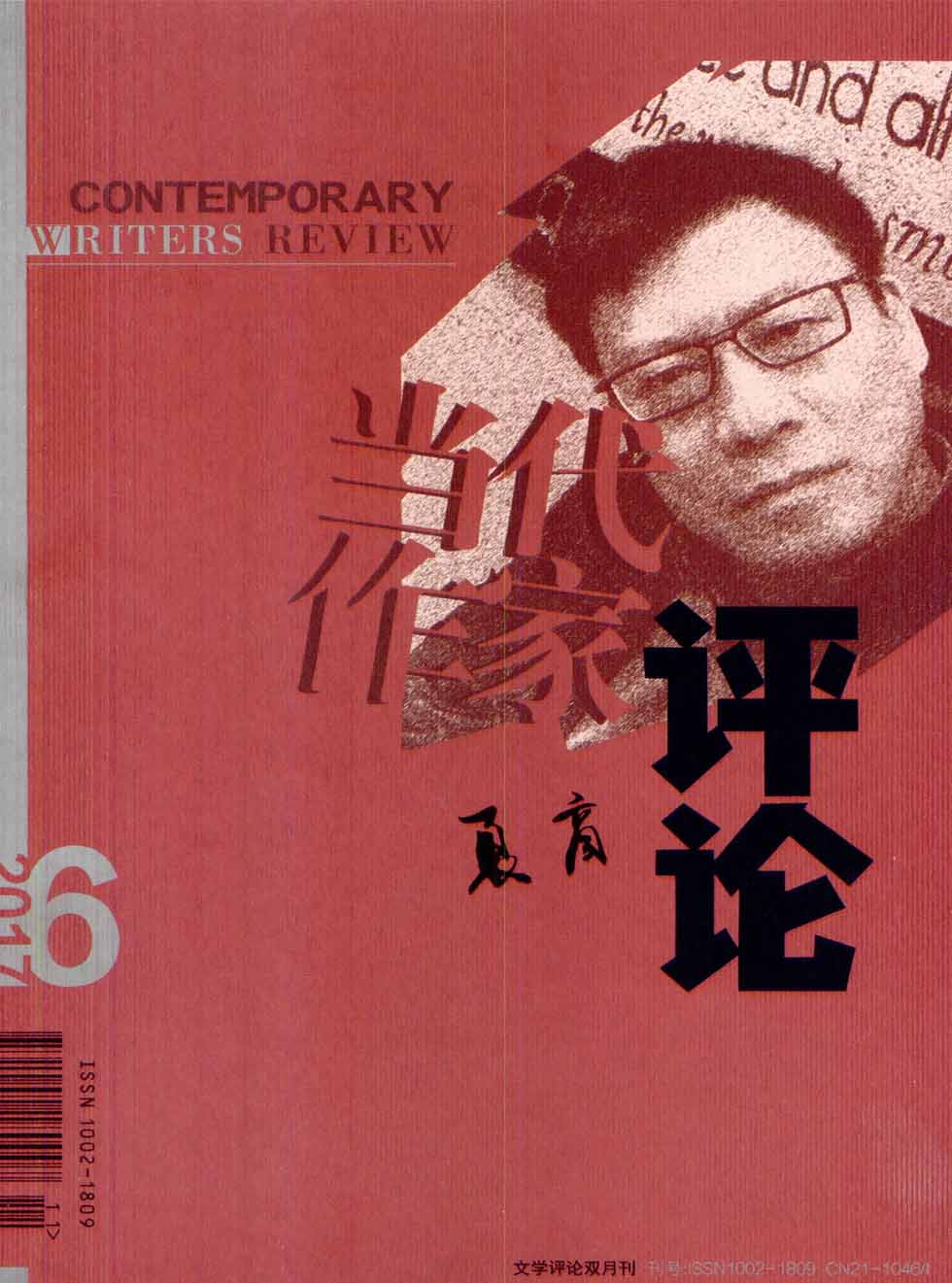Non—traditional Characters in The American
Abstract: Henry James’s good command of characterization contributes plenty of wonderful stories to readers of American, Europe and of all over the world. This paper will explore the skills of characterization in his popular novel The American.
Key words: characterization, contrast, non-traditional
摘要:亨利詹姆斯高超的塑造人物技巧为美国、欧洲乃至全世界贡献了许多精彩绝伦的故事,这篇文章探讨的就是他在畅销小说《美国人》中的人物塑造技巧:小说中的男女主人公都是反传统的形象。
关键词:人物塑造 对照 反传统
James’s international theme makes his novels and characters popular in the literary world of the late 19th and the early 20th century. He creates very fresh Americans such as Roderick Hudson, Daisy Miller, Eugenia Munster, Isabel Archer, Prince Amerigo, Lambert Strether etc. The American innocence is in contrast with European sophistication, moral and psychological complexity., Researching on James’s technique of characterization, Newman and Claire are shown non-traditional in The American.
Although there is much controversy over Newman and Claire’s since the novel was published, critics have reached a common view: Newman innocent and Claire obedient. This paper finds out that both Newman and Claire have complicated characters: Newman’s innocence mixed up with shrewdness, Claire’s obedience with rebelliousness. Stereotypes in European tradition are avoided because he tried to make them true to life.
Newman, with no knowledge of the old world, begins to explore Paris as an observer. He spends a great deal of time on Mrs. Tristram, showing details of his self-evaluation. When Mrs. Tristram asks whether he is very simple or very deep, he says, “I’m very deep (30). He admits he knows nothing about history, art, foreign tongues, or other learned matters, but he’s not a fool. His judgment on Noémie clearly proves he understands better than he has confessed. On the other hand, Newman has won Claire’s favor not only because he’s a “natural noble” and good at courting. Newman has unusual strategies to have her condescend. Although she is “difficult as a princess in a fairy tale” Newman eventually wins her favor. During the 6 months’ waiting, Newman has dealt with the snobbish authority with the power of money. Newman’s shrewdness is exhibited in his revenge after he manages to find the evidence from Mrs. Bread. While howling and gnashing does not work, Newman seeks the corruption, “you shall come and live with me … I will pension you for life” (257). He is confident with the promise and “felt that decidedly his companion was more and more confidential—that if luxury is corrupting with a free-spoken millionaire” (257). The corruption with the insult of Madame de Bellegarde is Mrs. Bread’s motivation to open the secret, the folded small letter. Newman isn’t innocent in any sense.
Claire’s gentility and self-sacrifice make her very remarkable but also our of Newman’s understanding. Whereas Newman pursues his freedom and personal happiness, she is subject to the inhuman authority of her wicked mother and elder brother. Although she is very painful to marry the old man M. de Cintré who has made a deal with her mother, she sacrifices self-happiness to the familial interest. Claire seems to be a typical character always submissive to the familial obedience but after that Claire revolts. When Claire spontaneously overflows the proud temperament of a noble lady, she must have conquered it to ask Newman see her again. Within the widowed years, she has lived a secluded life what dissatisfies her mother and brother much. Newman’s arrival changes Claire’s mind even though he is not the favorite candidate. She probably is trying to marry for herself or happiness once. The courage of revolt against her family’s betray resources from her dream to be Florabella, suffering terribly but marrying the young prince, lived in the Land of Pink Sky happily. At the last meeting she obscures her decision as “a religion” from which she cannot escape. The ending in a Carmelite Convent echoes her last revolt against selling by familial greed.
The above analysis exemplifies James in characterization develops his own way. His characters in The American prove the art of novel is to represent life but important in its own way. He uses art to bring pattern and meaning from life to novel. As a result, his characterization strikes heart and soul and stirs understanding and thinking.
Works Cited
James, Henry. The American. New York: Airmont Publishing Company. 1968.
“The Art of Fiction.” The Future of the Novel. Ed, Leon Edel. NY: Fandom House, 1956.
Tuttleton, James W. “Rereading The American: A Century Since.” Henry James Review, 1980.
Secor, Robert. “C N: How Innocent is James's American.” Studies in American Fiction, 1973
作者简介:张晨虹,女,(1978-)职称:讲师 研究方向:英美文学 河北联合大学轻工学院。










